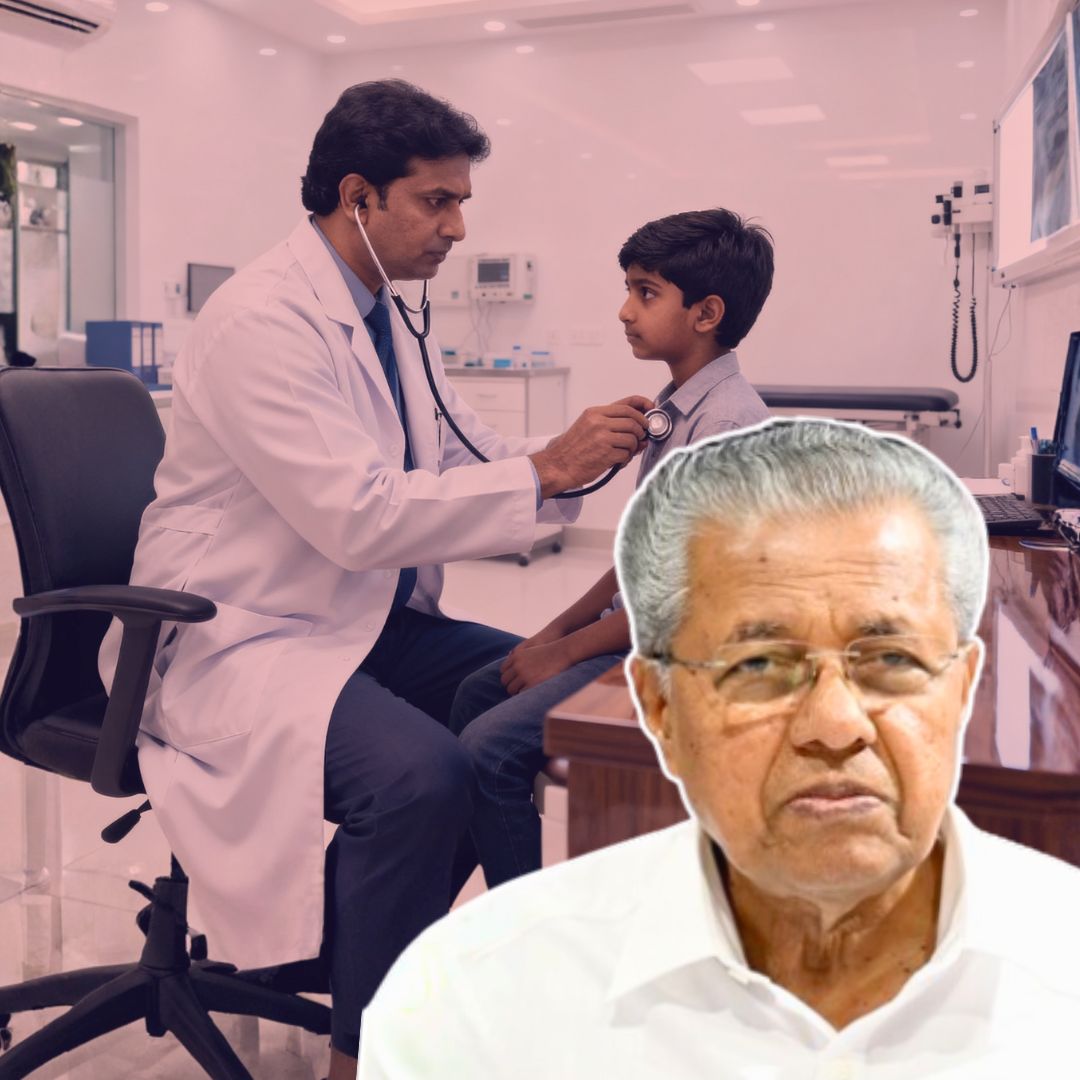The Kerala Health Department, under Minister Veena George, ordered on Monday that no medicines should be given to children under 12 without a doctor’s prescription, responding decisively to reports of 16 child deaths in Madhya Pradesh and Rajasthan linked to contaminated cough syrups.
This comprehensive child medicine safety directive prohibits even the use of old prescriptions and has established a three-member expert committee comprising the state drugs controller, child health nodal officer, and the state president of the Indian Academy of Paediatrics to urgently formulate special guidelines for pediatric cough syrup management.
Kerala has proactively suspended the sale of Coldrif syrup’s problematic SR-13 batch, though officials confirmed these dangerous batches were never distributed in the state. The initiative represents India’s most stringent children’s healthcare safety measures in response to the ongoing toxic cough syrup crisis that has claimed young lives across multiple states.
Kerala Bars Medicines For Children Under 12 Without Prescription
Minister Veena George’s announcement following a high-level meeting represents a paradigm shift in children’s medicine regulation. The expert committee, tasked with submitting an urgent report, will help formulate comprehensive guidelines specifically addressing the safe use of cough medicines in children.
George emphasised the critical importance of proper dosing, stating that “medicines for children are prescribed according to their body weight, a medicine given to one child must not be given to another. Doing so could cause more harm than benefit”.
The directive extends beyond new prescriptions, explicitly prohibiting pharmacies from dispensing medicines using old prescriptions, addressing a common practice that poses significant risks to child health and safety.
Kerala’s proactive approach includes intensified awareness campaigns for parents and comprehensive training programs for paediatricians and doctors in collaboration with the Indian Academy of Paediatrics.
The state has confirmed that no adverse incidents related to cough syrups have been reported in Kerala, demonstrating the effectiveness of the state’s existing drug safety monitoring systems.
Coughrif Syrup Tragedy
The Kerala directive follows a devastating health crisis that unfolded in Madhya Pradesh’s Chhindwara district, where 16 children died from acute kidney failure after consuming contaminated Coldrif cough syrup between late August and October 2025.
Laboratory analysis revealed that the syrup contained 48.6% diethylene glycol, a highly toxic industrial chemical typically used in antifreeze, brake fluids, and printing inks.
The affected children, primarily between 1-5 years old, initially presented with common cold symptoms before developing severe complications including zero urine output, acute kidney injury, and ultimately renal failure.
Additional deaths in Rajasthan have been linked to contaminated cough syrups distributed under the state’s free medicine scheme, prompting the National Human Rights Commission to issue notices to multiple state governments for “grave violations of human rights”.
The crisis has exposed critical gaps in drug manufacturing quality control, regulatory oversight, and distribution monitoring systems across India’s pharmaceutical supply chain.
The Centre has issued advisories against prescribing cold and cough medications to children under 2 years, while multiple states including Maharashtra, Uttar Pradesh, Tamil Nadu, and Telangana have banned the problematic Coldrif syrup.
The Logical Indian’s Perspective
Kerala’s decisive action represents the gold standard of responsive governance that prioritises child welfare above all else. This comprehensive approach, which goes beyond merely banning problematic products to establishing systemic safeguards, demonstrates how states can protect their most vulnerable citizens through proactive policy-making.
The tragedy that prompted this action serves as a stark reminder that when it comes to children’s health, there can be no compromise on safety standards or regulatory vigilance.
Kerala’s insistence on fresh prescriptions for every child, recognising that dosages must be precisely calibrated to individual body weights, reflects a deep understanding of paediatric medicine’s complexities.













